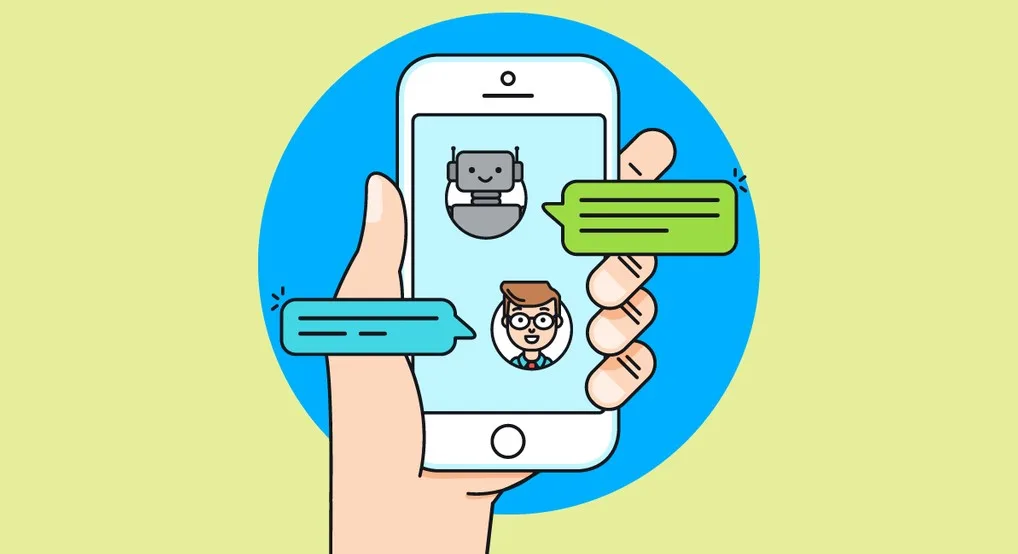Utilising Chatbots in Marketing: Enhancing Customer Interaction and Support

The Role of Chatbots in Modern Marketing
Chatbots have become an indispensable tool in modern marketing strategies. They enable businesses to automate customer interactions, increasing efficiency and delivering an enhanced user experience. In a competitive digital era, businesses need solutions that provide immediate responses to customer queries while simultaneously building strong brand loyalty. Chatbots offer precisely this by bridging the gap between technology and human interaction.
One of the most transformative aspects of chatbots is their ability to streamline customer engagement. Unlike traditional customer service channels, chatbots can handle multiple inquiries simultaneously, ensuring no customer is left waiting. This capability significantly improves the perception of a brand’s reliability and responsiveness. Moreover, businesses that utilise chatbots effectively often see a reduction in customer service costs while increasing customer satisfaction.
Key Benefits of Implementing Chatbots
One of the primary advantages of chatbots is their availability. Operating 24/7, chatbots ensure that customers always have access to support, regardless of time zones or business hours. Additionally, they provide immediate responses, which is a critical factor in maintaining customer interest and trust.
Another key benefit is personalisation. By integrating chatbots with CRM systems, businesses can create tailored communication experiences. Chatbots can remember customer preferences, offer relevant recommendations, and even anticipate needs based on previous interactions. This personal touch fosters a deeper connection between the customer and the brand.
Furthermore, chatbots can collect valuable data about customer behaviour. By analysing interaction patterns, businesses can refine their marketing strategies and develop products and services that better meet customer needs.
Chatbots in Customer Support
Providing exceptional customer support is crucial in building long-term customer relationships. Chatbots play a pivotal role in this by handling repetitive tasks, such as answering frequently asked questions. This allows human agents to focus on more complex issues that require a personal touch. Consequently, the efficiency of the support team is optimised, leading to quicker resolution times and happier customers.
In addition to handling queries, chatbots can guide customers through processes such as troubleshooting, account setup, and order tracking. They serve as a first point of contact, offering instant solutions and escalating issues to human representatives only when necessary. This dual capability ensures a seamless support experience for customers.
The Integration of Artificial Intelligence
AI-powered chatbots bring an advanced level of functionality to customer support. They can understand natural language, interpret customer intent, and respond appropriately. This makes interactions feel more human and less robotic. For example, a chatbot equipped with natural language processing can identify whether a customer is frustrated or satisfied and adjust its responses accordingly.
Moreover, AI enables chatbots to learn and evolve. Over time, they become better at anticipating customer needs and providing more accurate solutions. This adaptability is particularly valuable in industries where customer expectations are constantly changing.

How Chatbots Boost Customer Engagement
Beyond support, chatbots are a powerful tool for engaging new and existing customers. They can be used to automate marketing campaigns, deliver personalised offers, and provide instant updates about promotions. This proactive approach helps businesses maintain a steady connection with their audience.
For instance, a chatbot can send reminders about upcoming sales or exclusive events, ensuring customers stay informed and engaged. Additionally, chatbots can interact with users on social media platforms, creating opportunities to expand the brand’s reach.
Retargeting Strategies Using Chatbots
Retargeting is a critical aspect of marketing, and chatbots excel in this area. By reaching out to customers who have abandoned their shopping carts or left a website without completing a purchase, chatbots can rekindle interest and encourage conversions. They may offer personalised discounts or recommend alternative products, effectively addressing the reasons for the customer’s hesitation.
Furthermore, chatbots can provide follow-up messages to gather feedback or suggest complementary products based on a customer’s previous purchases. This continuous engagement not only increases sales but also strengthens customer loyalty.
